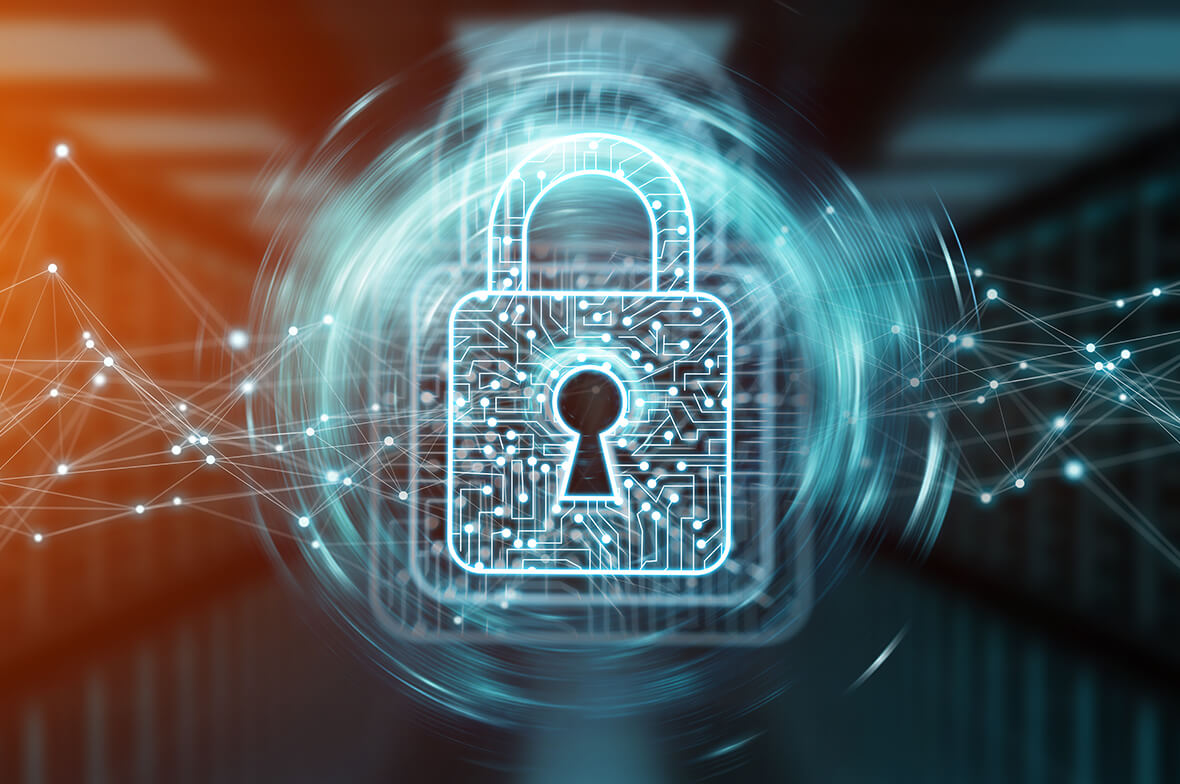As the original texts are written in Turkish, English translation is provided for non-Turkish readers. The author apologizes in advance for any and all possible changes and losses in meaning due to translation.
No matter how concrete are your precautions, the existence of them in any sphere of life does not guarantee you feeling safe. In fact, the world of cybersecurity is full of such mistaken thoughts. For example, the state of believing that hackers or hacks do not target you simply because you have not yet been hacked is called “security delusion”.
Today, the variety of cyberattacks that an institution might face increases in proportion to the developing technologies. Taking a closer look at such new threats, we see that tiny sensors that can connect to the internet thanks to Industrial Internet of Things (IIoT) remind us of a new responsibility to pay attention to. Here, it is not only our personal data that is under threat. Our whole way of life can be adversely affected, interrupted, or even life can come to a halt in extreme cases of cyberattacks.
The following figures may give us an opinion on how serious the issue is: Cyberthreats caused more than 500 million Euro loss globally in 2016 alone. When the number of connected devices reached 8 billion in 2017, communication among these devices increased 30 percent in one year only. Considering that the number of such devices is expected to exceed 20 billion next year, we can easily understand why the World Economic Forum’s 2018 report classifies cyberthreats as the biggest problem of the business world in developed regions.
We have all witnessed in the past few years how large-scale cyberattacks like Petya and Wannacry affect the economy, as well as powerplants, digital factories, autonomous cars, or even healthcare institutions, all of which are vital for our daily lives. To avoid becoming a victim to such disasters, we need to establish a safety philosophy, then adopt and absorb this philosophy at every level – from individuals to societies.
It is in the nature of humans to break rules and laws. We can implement regulations and use sophisticated technology to shield us from selfish criminal attacks, however only to a degree. As laws can be broken, so can be security measures and encryptions by those who want to harm the society. For this it is essential to create awareness, collaborate and make the impact of security an essential aspect of education in our society.
Charter of Trust, a cybersecurity initiative, lays the foundations of our responsibility. This initiative that we announced during the Munich Security Conference a year ago has made great progress with the approval of the 10-article charter by 16-member institutions who agreed to collaborate in the future.
Simultaneously with the announcement of the charter, we established a cybersecurity ecosystem of 1,300 people. On the other hand, we have special practices to increase the security level of our products and develop new solutions for our customers. Since Siemens suppliers are also within this scope, there are binding provisions for them in all new contracts. These provisions define the minimum requirements for cybersecurity. Last October, we took another important step by accepting 17 minimum provisions for digital supply chains as well. While doing these, we adopt an approach to simplifying processes for our company, our customers and our suppliers, rather than making things more complicated.
I would like to once again emphasize that the most important component in cybersecurity is humans. To me, the most valuable contributions of the Charter of Trust are the trainings. We devise trainings to increase employee awareness on issues varying from basic information such as strong passwords to multi-level security measures like access authorizations and encryption. However, cybersecurity should be more than an internal practice for companies. Therefore, we aim to make it a part of high school and university curricula. Thus, we will equip young people with the tools they need in order to design security in the digital world.






No Comments